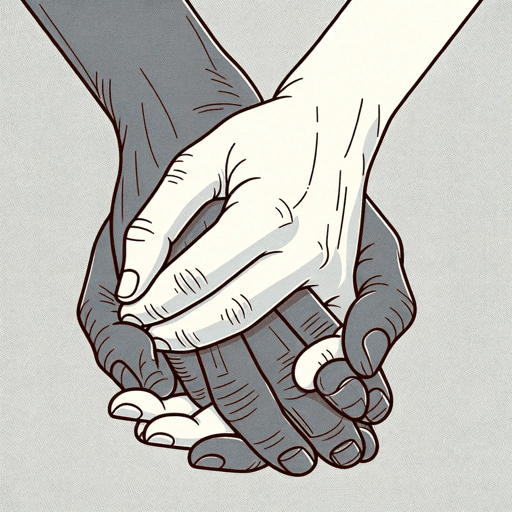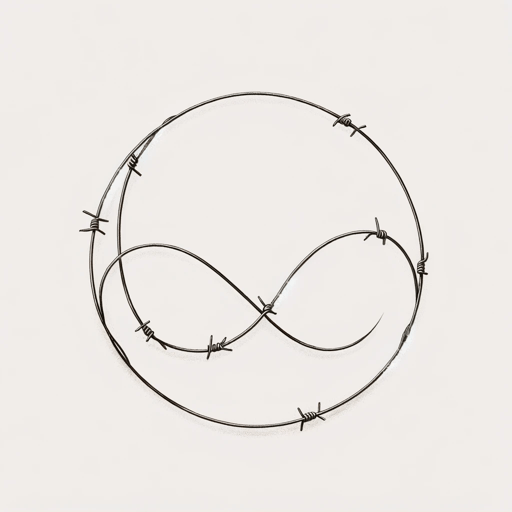52 pages • 1 hour read
Nadine GordimerOnce Upon a Time
Fiction | Short Story | Adult | Published in 1989A modern alternative to SparkNotes and CliffsNotes, SuperSummary offers high-quality Study Guides with detailed chapter summaries and analysis of major themes, characters, and more. For select classroom titles, we also provide Teaching Guides with discussion and quiz questions to prompt student engagement.
Literary Devices
Tragic Irony
Irony occurs when an individual’s actions have precisely the opposite of their intended effect. As a literary device, tragic or dramatic irony is a state in which the reader knows that a character’s actions will bring about a tragic ending, while the character himself does not. Tragic irony as a narrative device builds tension because the reader can see the inevitable conclusion of a situation while the protagonist remains unaware of it. Knowing the result but helpless to intervene, the reader is at the mercy of the plot’s unfolding.
Gordimer uses this technique in “Once Upon a Time” when she seeds the ingredients for the disaster while distracting the reader with the primary narrative. When the husband’s mother gifts the family the extra bricks for the wall, she also gives a “Space Man outfit” and fairy tale book to the boy (71). At this point, the reader cannot know what, if any, consequences the costume or the book may have. As it turns out, the space suit is of no consequence; it is merely a detail to distract from the importance of the fairy tale book.
Related Titles
By Nadine Gordimer

Burger's Daughter
Nadine Gordimer

July's People
Nadine Gordimer

Jump and Other Stories
Nadine Gordimer

None to Accompany Me
Nadine Gordimer

Six Feet of the Country
Nadine Gordimer

The Conservationist
Nadine Gordimer

The Moment Before the Gun Went Off
Nadine Gordimer

The Pickup
Nadine Gordimer

The Train From Rhodesia
Nadine Gordimer

The Ultimate Safari
Nadine Gordimer

